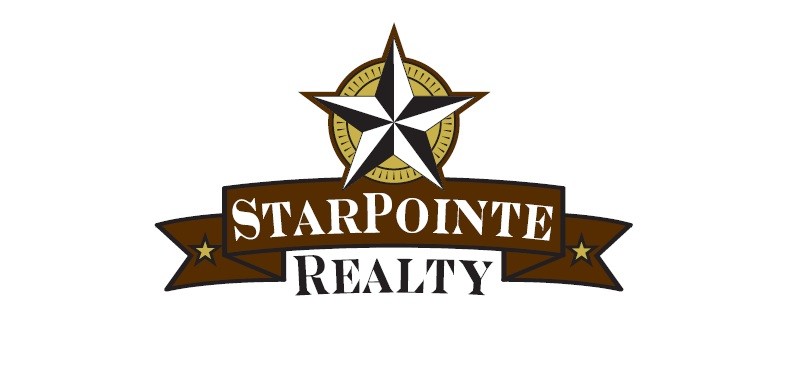Previous < Where to Start
Advantages of Selling
Cut Ties
Even with a good property manager, being a landlord still has its obligations. It might be too much of a hassle from afar.
Reduce Risk
What if the rental market declines? Or what if home values drop? Selling now avoids these uncertainties about the market’s future.
Free Up Finances
Cash out! If you have equity, selling your home might be a nice payday. Or free up the money and credit to purchase a home in your next destination.
No Worries
Selling means you don’t have to worry about repairs, bad property managers, and complicated taxes. It’s just easier to have to deal with one residence at a time.
Advantages of Being a Landlord
Build Wealth
Your tenant is paying off your mortgage! Well, most of it, probably. If the numbers are right, you can earn passive, long-term income.
Appreciation
The market might go down, but it might go up, too. Holding onto your home means you can take advantage of future market upswings. Plus, your home is an inflation-resistant asset that generally won’t lose value to inflation like cash in a savings account will.
Only Option
Especially if you have no equity in your home, selling may not be an option with all the transaction costs (commissions, title fees, seller concessions etc.). Renting might be the least painful way to wait for your home’s value and/or mortgage balance to improve until you are in a better position to sell.
Landlord Math
My mortgage is $1100/mo, but fair rent is $1200/mo. I’ll make $100/mo renting out my home! Right?
Not so fast.
I recommend the 70% rule when evaluating what you earn when you rent out your home. In addition to your mortgage payment, approximately 10% of your rent will go to a property manager. On average, 10% might be lost when the home is vacant, and another 10% for maintenance costs. In the above example, that means that while you might make $1200/mo some months, on average you should plan on $840/mo ($1200 x 70% = $840). Instead of making $100/mo, you actually will likely lose $220/mo on average.
Negative $220 a month? No thank you to that!
Negative monthly cash flow is not automatically a bad thing. Several of my own homes I now rent at a monthly loss. There are two reasons you might choose to landlord even with a negative cash flow:
- You don’t have money to sell. If you are underwater, as many homeowners in the Fort Hood area are, selling your home may cost you money. Losing a few hundred a month may be a lot better option than paying $1000s or $10,000s lump sum at the closing table.
- Build wealth. You may have negative cash flow, but that doesn’t count the wealth you are accumulating in equity while a tenant pays off your mortgage. It also doesn’t count your numerous tax benefits as a landlord. Depending on the numbers, your wealth may be increasing (in equity) even though you are losing a little money each month. It is like putting money each month into a giant piggy bank (your home).
If you own the home outright, use the 50% rule. You will likely only take home about half of whatever the fair rent is (you still have to pay property taxes and insurance, in addition to the 30% above).
If you think you may wind up renting a home, then remember the stock market adage: “You make your money when you buy”. The best way to have a good rental is to think like an investor when purchasing your home, and especially focus on foreclosures and multi-family homes that might meet your needs.
Property Management
When I do a listing presentation, I will show you what has rented in your area so you can compare selling versus renting. Oftentimes, selling may be the preferred option, with renting as a backup option if you can’t get the price you need.
If renting, I recommend interviewing my broker, CJ Rogers, at StarPointe Realty. They manage two of my own properties in Killeen and are easily one of the best, most conscientious companies.
Next > Quick Sale Options


